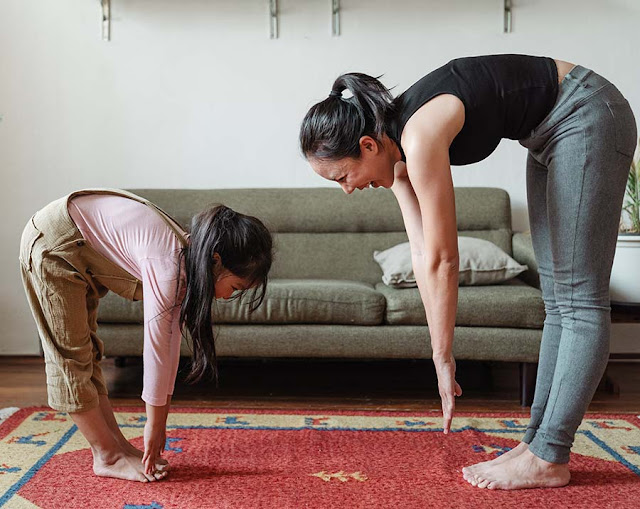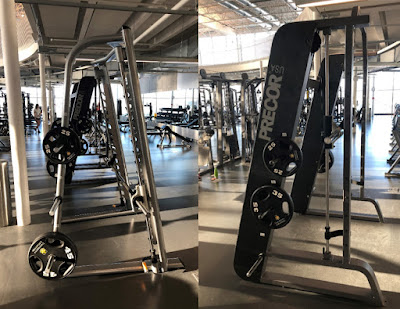Why People Respond Differently to Exercise
Have you ever had a workout buddy who saw bigger, faster gains than you despite doing the same workouts? This can be very frustrating to see someone do the same work (or less) and get quicker results. We are all different, and this includes how we respond to exercise. Awareness of this can lead to realistic expectations and goal setting and hopefully reduce pressure and frustration when you aren’t responding like someone else. There are several factors that can contribute to why people get different results from exercise, including:
Genetics
Each person's body is unique, and genetics can significantly affect how they respond to exercise. This refers to body types that include our shape and muscle fibre types. For example, some people may be naturally better suited to endurance sports, while others may have a genetic predisposition for strength training. Endurance athletes are typically “ectomorphs,” where they are very thin, and they have more slow twitch muscle fibres. Slow twitch muscles are more fatigue resistant, hence why they are ideal for endurance sports. They also don’t grow as big. So someone who is a marathon runner cannot become a heavyweight bodybuilder.
Diet
Nutrition is a key factor in determining the effectiveness of an exercise program. Depending on their diet, some people may have more energy to exercise, while others may not provide their bodies with the necessary nutrients to see results. Higher-intensity exercise requires carbohydrates as it is the primary energy source. Similarly, enough protein is crucial for muscle growth.
Exercise history
People who have been physically active for a long time may respond differently to exercise than those who are just starting out. For example, someone who has been weightlifting for years may have a different level of strength than someone who is new to the sport. You will also find a greater response when someone is just starting out. Much of this adaptation is neurological efficiency which improves much faster than strength and muscle improvements.
Consistency
Consistency is key when it comes to seeing results from exercise. As I mentioned last month, people who are consistent with their workouts are likelier to see improvements in their fitness level than those who exercise sporadically. You need a prolonged stimulus so your body can adapt and get stronger.
Age
People's bodies may respond differently to exercise as they age. Older adults may need to modify their exercise routine to accommodate physical limitations and prevent injury. As we age, it's important to modify our exercise routine to accommodate any physical limitations and prevent injury. Some things you can do is choose lower impact activities and modify intensity. Also, maintaining muscle mass and bone density with strength training and increasing flexibility will be very beneficial in preventing injury and ensuring you can still complete your daily activities.
Overall, how a person's body responds to exercise is complex and multifaceted and can be influenced by various factors. It's important to remember that exercise is beneficial at any age and that modifications can be made to make it safe and effective. Always consult with a healthcare professional before starting any new exercise program. And don’t be frustrated if someone is improving faster than you. Just keep working and make sure you are pushing yourself and fueling properly. You will get there eventually!




Comments
Post a Comment